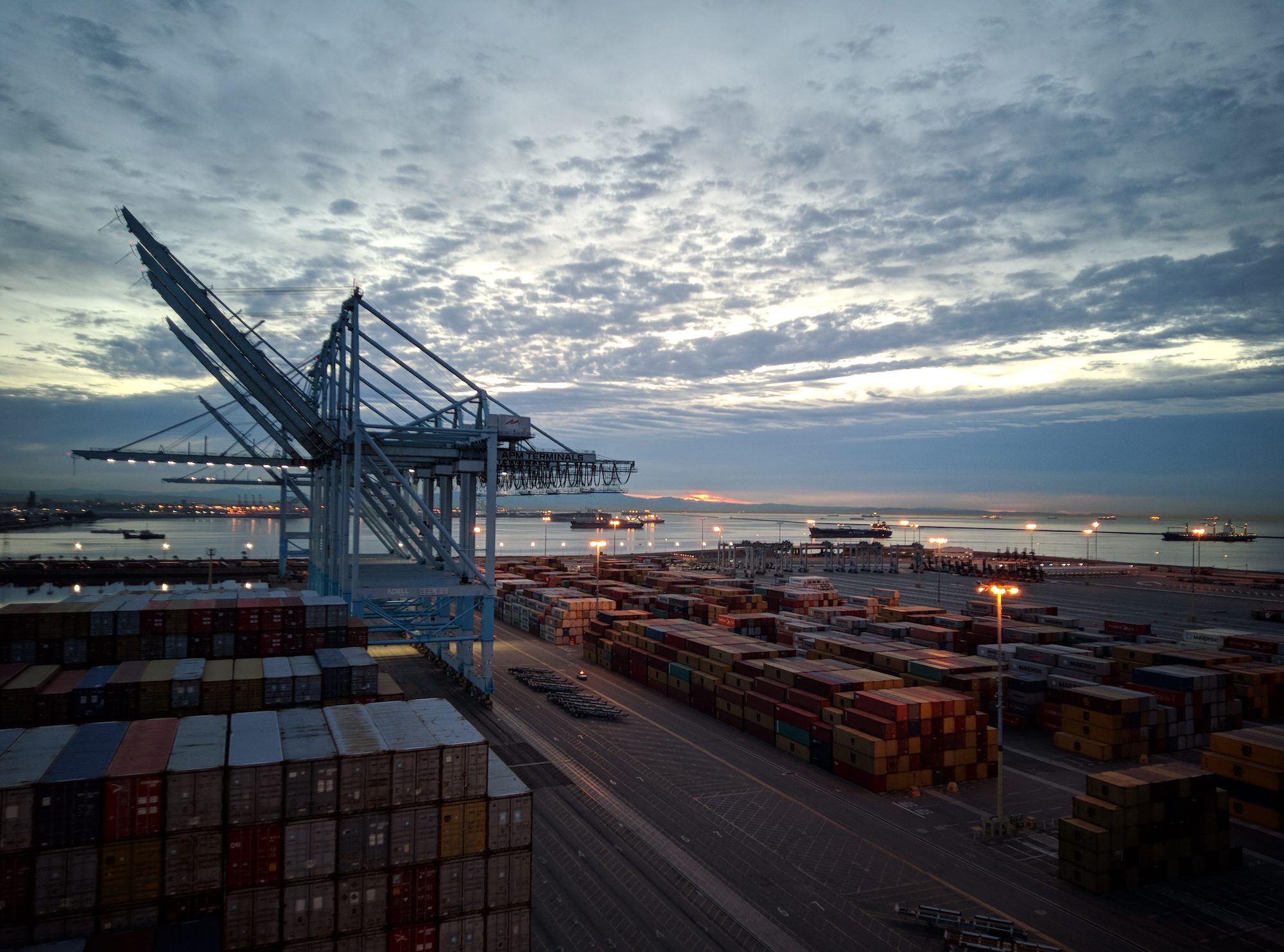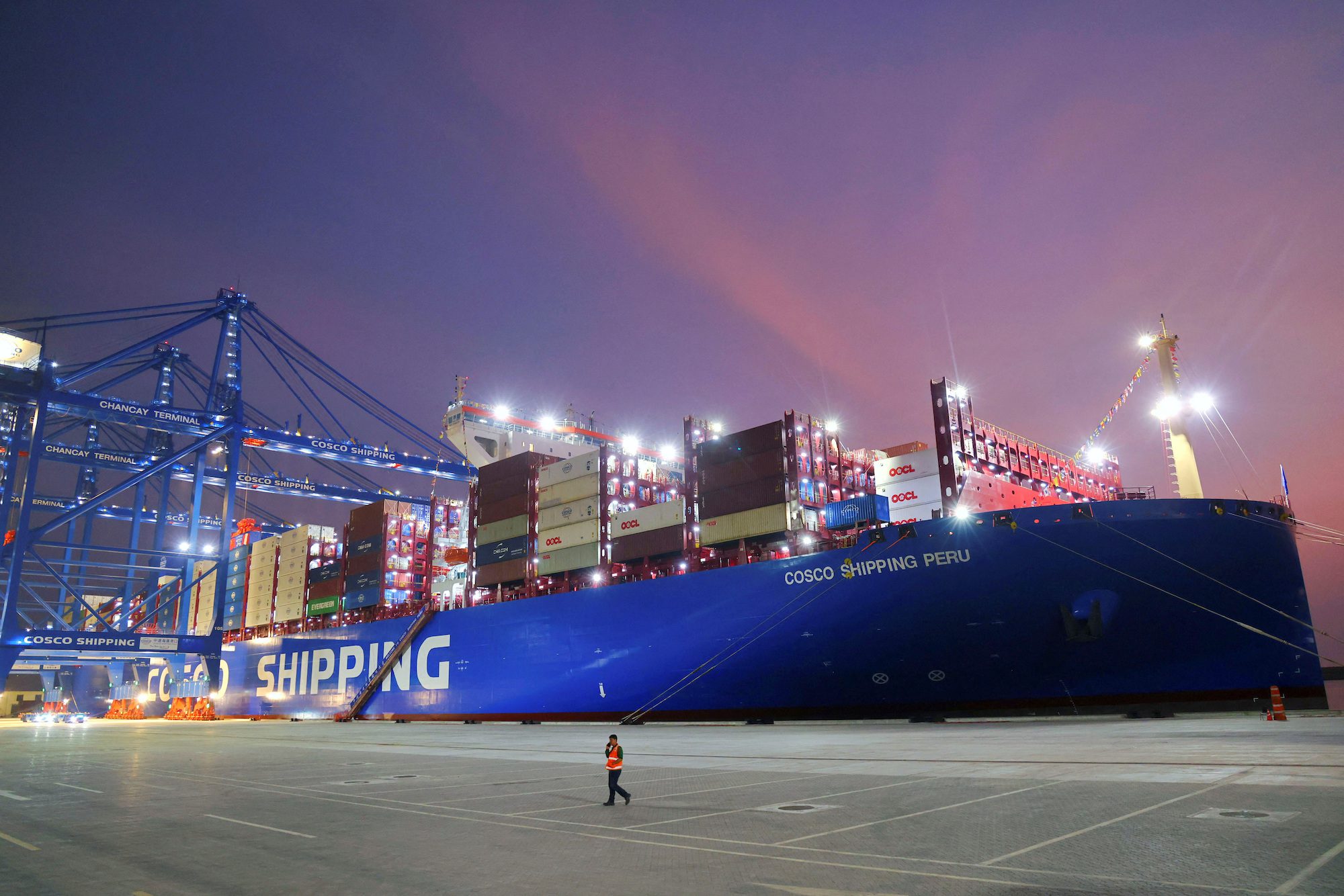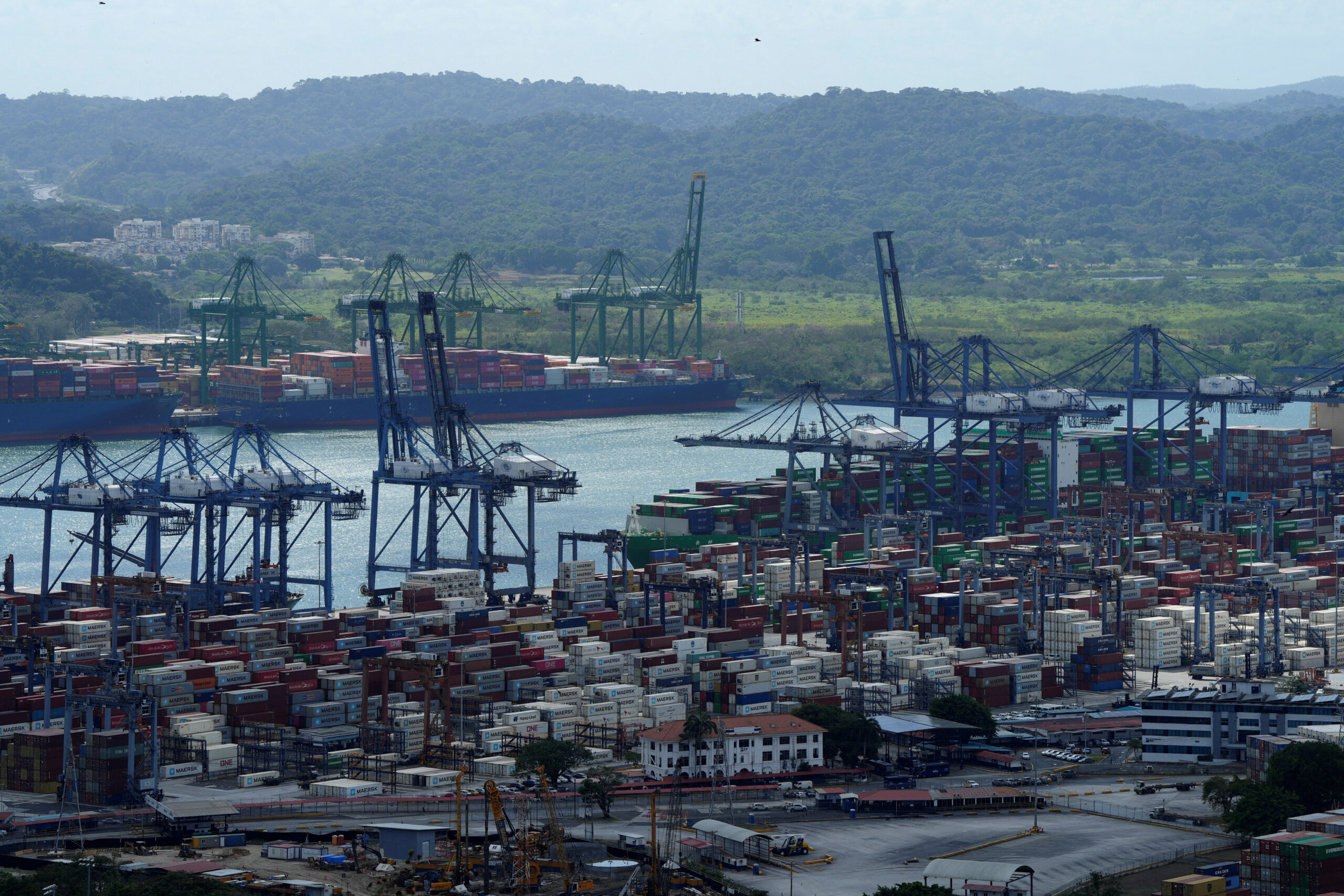By Bloomberg News
Apr 24, 2025 (Bloomberg) –For an increasing number of Chinese exporters, many of whom battled through the trade war in President Donald Trump’s first term and who have invested years to capture the spending power of American shoppers, it may be closing time in the US.
With tariffs on Chinese imports at 145%, factories that make items like coffee machines and yoga pants have halted shipments to the US and have idled their assembly lines to a three or four day week.
And while Trump has indicated that tariffs won’t stay that high on China forever, some fearful exporters are making permanent plans to withdraw from the US market and turn to other regions like the Middle East for sales instead.
Exporters are now trying to “survive” the current crisis, said Wang Xin, head of the Shenzhen Cross-Border E-Commerce Association, which represents some 3,000 exporters. Businesses are taking steps to generate cash like selling inventory for higher prices, and cancelling warehouse rental agreements in the US, she said.
One such exporter is a Guangzhou-based retailer that sells underwear and yoga pants via Amazon, Temu and Shein, which decided to stop shipping any more products to the US earlier this month, and raised prices of some of its most popular products by as much as 30% to generate more cash.
“We had some urgent meetings in late March to discuss our next steps. The conclusion was to stop fighting for the US market,” said sales manager Huang Lun.
The plight of Chinese exporters mean US consumers could face rising prices and shortages of crucial goods in the coming months. The grim outlook adds to rising bets among economists that the US will enter a recession if the White House doesn’t back down on its tariff threats.
China will also endure substantial economic pain. With their largest market on hold, many factories have cut back production to just three or four days per week, said Wang, citing a recent industry survey conducted by the association.
With bank loans and worker salaries to pay, there will be a wave of factory closures and worker layoffs in the coming months, she said.
Jenny Huang, a salesperson at a Ningbo-based curtain maker, is trying to diversify beyond the US though 90% of its current client base — business that has come to an abrupt halt — is there.
The company will only consider exporting to the US again when tariff situation clears up, she says. Until then, it is exploring opportunities elsewhere such as Southeast Asia the Middle East.
“When the tariffs were raised to 54%, people already suffered very slim profits but still decided to stay and buy time to explore new markets with the cash flow generated in the US,” said Wang. “But when it was raised to 125% and then 145%, people decided to quit because you’ll die faster if you insist on staying in the US.”
© 2025 Bloomberg L.P.
Editorial Standards · Corrections · About gCaptain
This article contains reporting from Bloomberg, published under license.

 Join The Club
Join The Club











